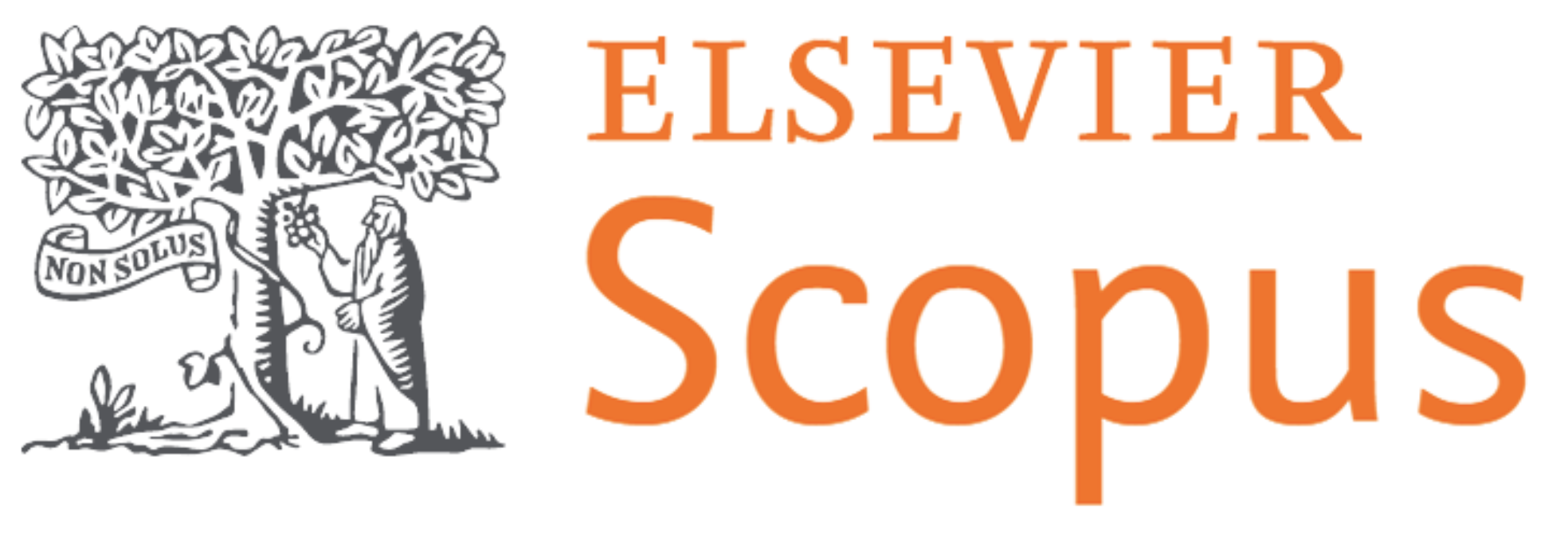PRODUCTION AND SOCIOECONOMIC ASPECTS OF CATTLE AND BUFFALO PRODUCTION ARRANGEMENT IN THE ARCHIPELAGO OF MARAJÓ, BRAZIL
DOI:
https://doi.org/10.17765/2176-9168.2016v9n1p25-45Keywords:
Local Productive Arrangement, Marajó, LivestockAbstract
Local Production Arrangement for livestock and buffalo in Marajó PA Brazil is not merely relevant for the generation of profits and labor but it also provides assets due to its geographic conditions for meat, milk and value-added rates, such as the Marajó cheese. The choice of the Island of Marajó as a Biosphere Reserve is a great business opportunity and is a challenge for sustainable development. Since the social and economic importance of the production network in Marajó is acknowledged, the production chain of Marajó cattle production will be described and analyzed. Research was undertaken in the municipalities of Soure and Salvaterra within the Arari micro-region, coupling primary and secondary research. Questionnaires were handed to 23 producers, network agents, associations and cooperatives. Due to difficulties in establishing links involving social capital, only slight involvement of government institutions has been detected within the coordination of research and rural extension, coupled to individual behavior of producers. Since farms use rudimentary technology, management, genetic selection and administration are deficient. Local Productive Arrangement of the Marajó livestock has been scantily efficient in spite of its great capacity for production on natural pastureland. It fails to provide signs of development since it is not internalized and does not make possible the generation of forward and backward sequences.Downloads
Published
2016-03-31
How to Cite
Oliveira, C. M. de, Mattos, C. A. C. de, & Santana, A. C. de. (2016). PRODUCTION AND SOCIOECONOMIC ASPECTS OF CATTLE AND BUFFALO PRODUCTION ARRANGEMENT IN THE ARCHIPELAGO OF MARAJÓ, BRAZIL. Revista Em Agronegócio E Meio Ambiente, 9(1), 25–45. https://doi.org/10.17765/2176-9168.2016v9n1p25-45
Issue
Section
Agrobusiness
License
A Revista se reserva o direito de efetuar, nos originais, alterações de ordem normativa, ortográfica e gramatical, com o intuito de manter o padrão culto da língua, respeitando, porém, o estilo dos autores. As opiniões emitidas pelos autores são de sua exclusiva responsabilidade.Os direitos autorais pertencem exclusivamente aos autores. Os direitos de licenciamento utilizado pelo periódico é a licença Creative Commons Attribution
 Creative Commons Atribuição 4.0 Internacional. São permitidos o compartilhamento (cópia e distribuição do material em qualquer meio ou formato) e adaptação (remixar, transformar, e criar a partir do trabalho, mesmo para fins comerciais), desde que lhe atribuam o devido crédito pela criação original.
Creative Commons Atribuição 4.0 Internacional. São permitidos o compartilhamento (cópia e distribuição do material em qualquer meio ou formato) e adaptação (remixar, transformar, e criar a partir do trabalho, mesmo para fins comerciais), desde que lhe atribuam o devido crédito pela criação original.










